Academic and Research Skills
Basic Science
Career Development
Clinical Research
Diversity, Equity, and Inclusion
Health Services Research
Medical Education
Developing Physician-Scientists to Lead the Collaborative Teams of the Future
-
.jpg)
Daniel Moore, MD, PhD (he/him/his)
Assistant Professor
Monroe Carell Jr. Children's Hospital at Vanderbilt, Tennessee, United States -
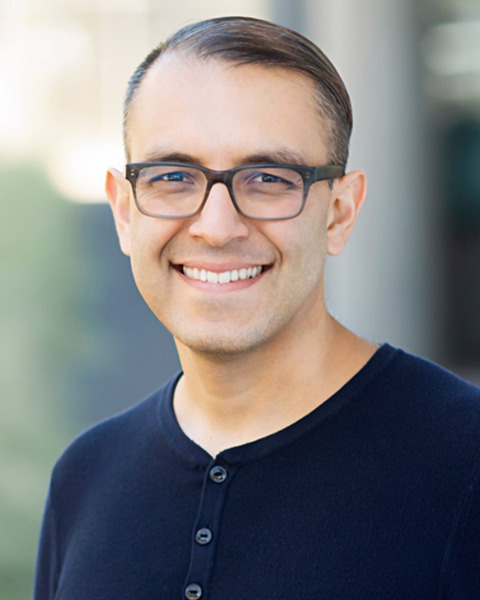
Fernando Gonzalez, MD
Professor of Pediatrics
University of California, San Francisco, School of Medicine
San Francisco, California, United States -
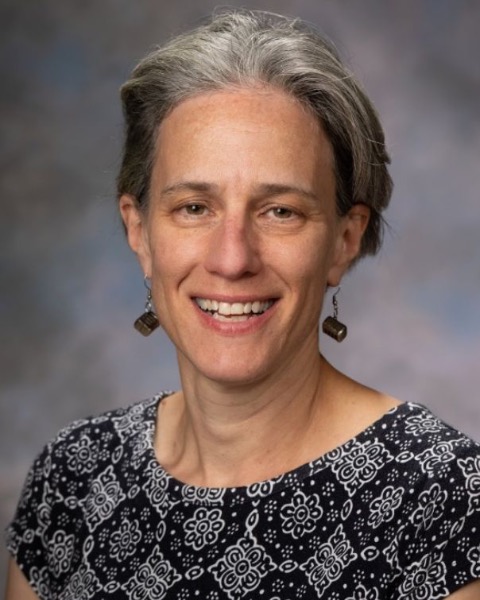
Debra Boyer, MD, MHPE (she/her/hers)
Chief Medical Education Officer/DIO
Nationwide Children's Hospital
Columbus, Ohio, United States -
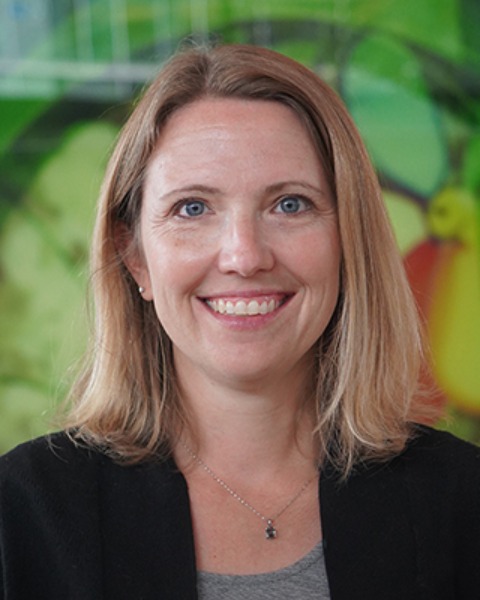
Candace Gildner, MD, PhD
Assistant Professor of Pediatrics and Biomedical Engineering
UNIVERSITY OF ROCHESTER, Golisano Children's Hospital
Rochester, New York, United States -
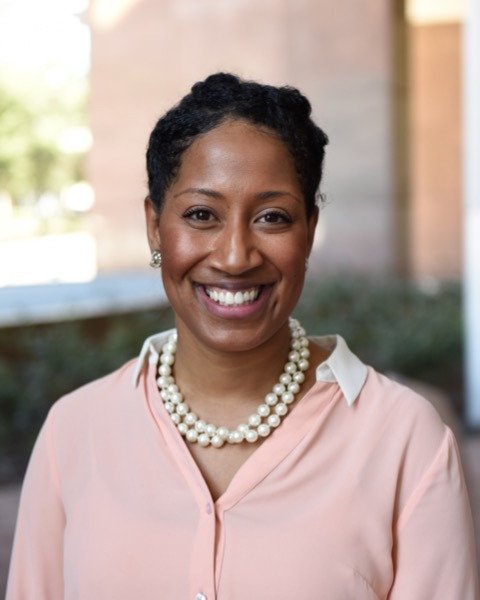
Audrea Burns, PhD (she/her/hers)
Associate Professor
Baylor College of Medicine
Houston, Texas, United States -
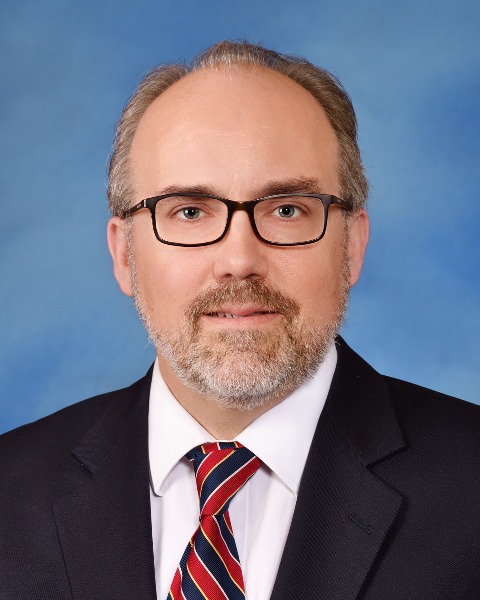
Andrew Nowalk, MD PhD
UPMC
Pittsburgh, Pennsylvania, United States
Leader(s)
Co-Leader(s)
Workshop
Description: The future of pediatric research is poised for significant changes, but established and emerging researchers may not have the training and skills to adapt to these new environments. Field leaders and attendees at the 2022 NPSCW PAS Lab anticipated a future in which research teams expand to include diverse stakeholders such as patients and families, policy makers, philanthropists/foundations, industry, and both clinical and investigative members of the academic enterprise. Activation of these teams will present new challenges in communication and leadership, which this workshop will address by initiating the necessary curricula to respond to these challenges. To inspire these new approaches, the workshop will open with a panel discussion from leaders in pediatric disease work that has capitalized on partnerships among academy, industry, philanthropy, and government to produce disease-altering breakthroughs, such as in cystic fibrosis and type 1 diabetes. Panelists from diverse backgrounds will share their experience and discuss opportunities and challenges for effective teams producing insights to overcome challenges in diverse systems and diseases. Break-out workgroups will be prompted by unique cases to identify critical challenges for collaborative teams and their leaders. The workgroups will then brainstorm opportunities for new curricula that will provide training to capitalize on the emerging environment in pediatric research. Workshop attendees will explore frameworks for the collaborative teams of the future, identify the challenges posed in communicating equitably and effectively within and leading these teams, and respond with approaches to establish and acquire training that will accelerate the anticipated future of pediatric research.
Learning Objectives:
- Describe challenges in creating collaborative interprofessional research teams of the future and strategies to produce effective and equitable team leadership.
- Formulate the core skills required for effective leadership of next-generation interdisciplinary research teams.
- Design training curricula for early career physician-scientists to become effective leaders of the teams of the future.
